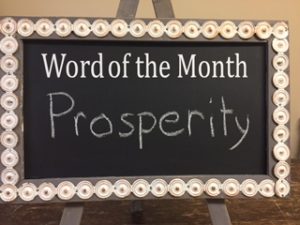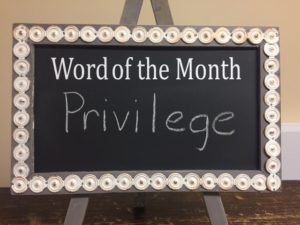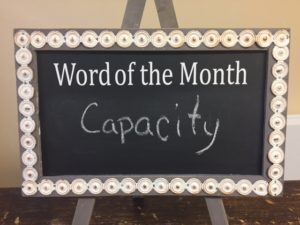“Inasmuch as they shall keep my commandments they shall prosper in the land.”

In the Book of Mormon we repeatedly hear the admonition given to residents of this continent: “If ye keep my commandments, ye shall prosper in the land.” In that Book we also see this played out in what is commonly known as “the pride cycle”. With righteous living there is prosperity. This is first seen in growth, development, progress, and general contentment without conflict. Gradually it tends to grow into wealth, at least for some. Then the cycle turns as the focus on material wealth creates divisions with the haves seeking more and feeling superior to the have-nots. Eventually it leads to destruction, either through conflicts within or weakening and vulnerability to attacks from enemies. In the Book of Mormon this often cycled back when war and devastation humbled everyone.
It is common for us to equate prosperity with wealth. Recently I heard a comment that prosperity is more about happiness than money. Definitions of prosper include synonyms like succeed, thrive, flourish, and grow in a vigorous way. Wealth may be a by-product of prosperity, but it can be dangerous to think of it as the sole definition or the ultimate goal.




